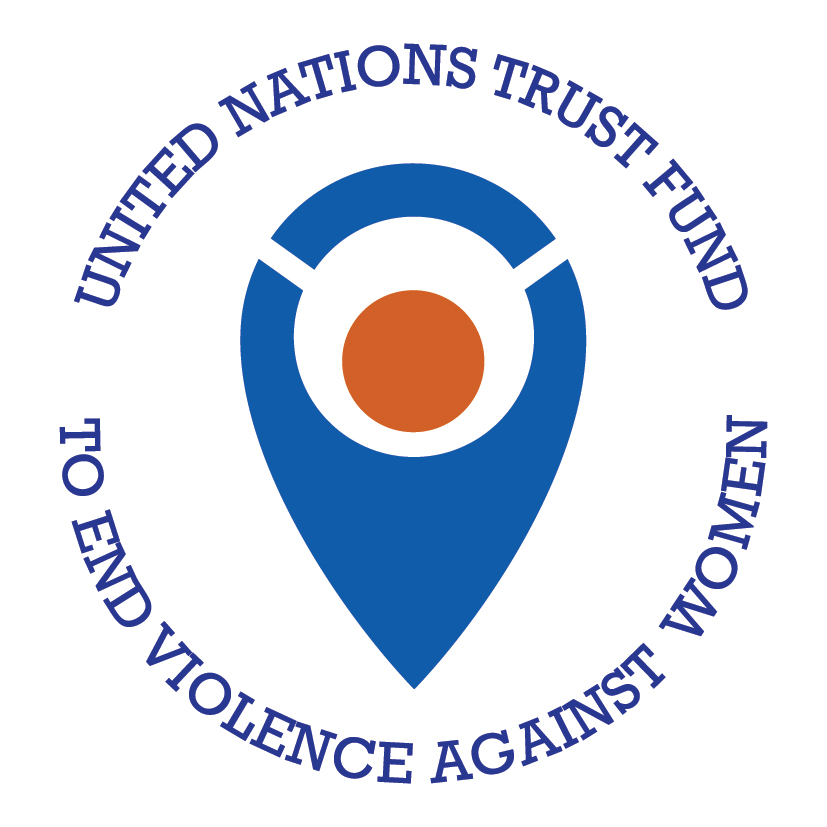Feb 2017 - Apr 2018 | UN Trust Fund
A project implemented by Physicians for Human Rights (PHR) with funding from the UN Trust Fund in the Democratic Republic of Congo and Kenya is working to address gaps in the medical-legal process in order to improve responses to sexual violence against women and girls. The programme has been actively engaged in the two countries, both of which have endured widespread, conflict-related sexual violence and were being investigated for mass crimes by the International Criminal Court.
